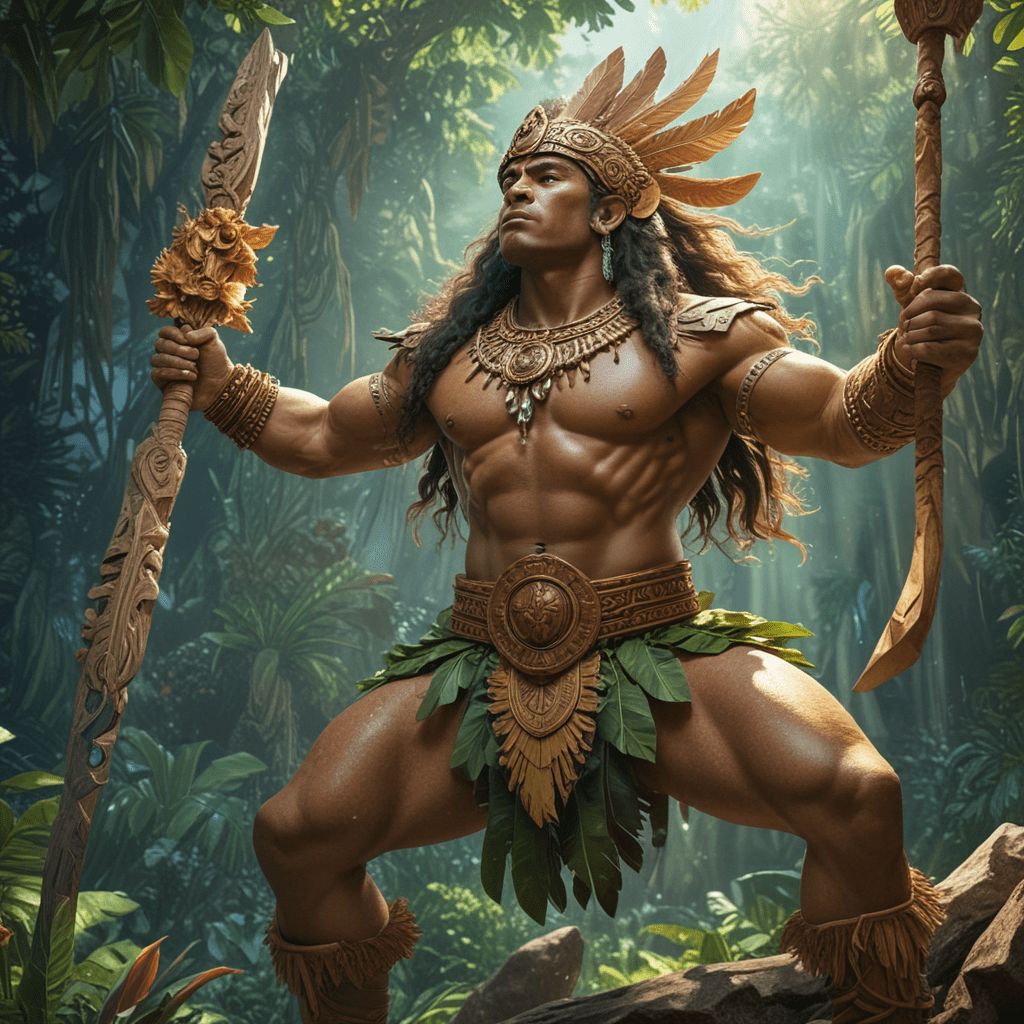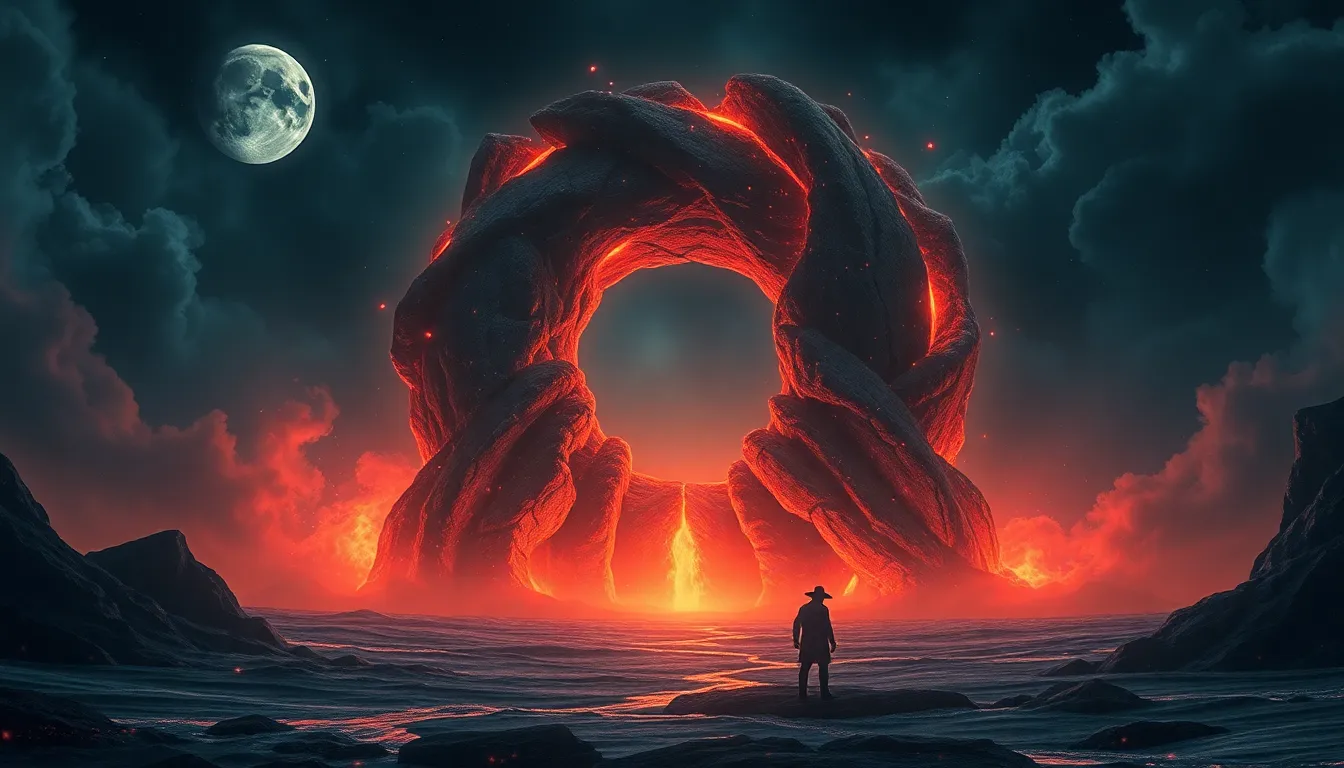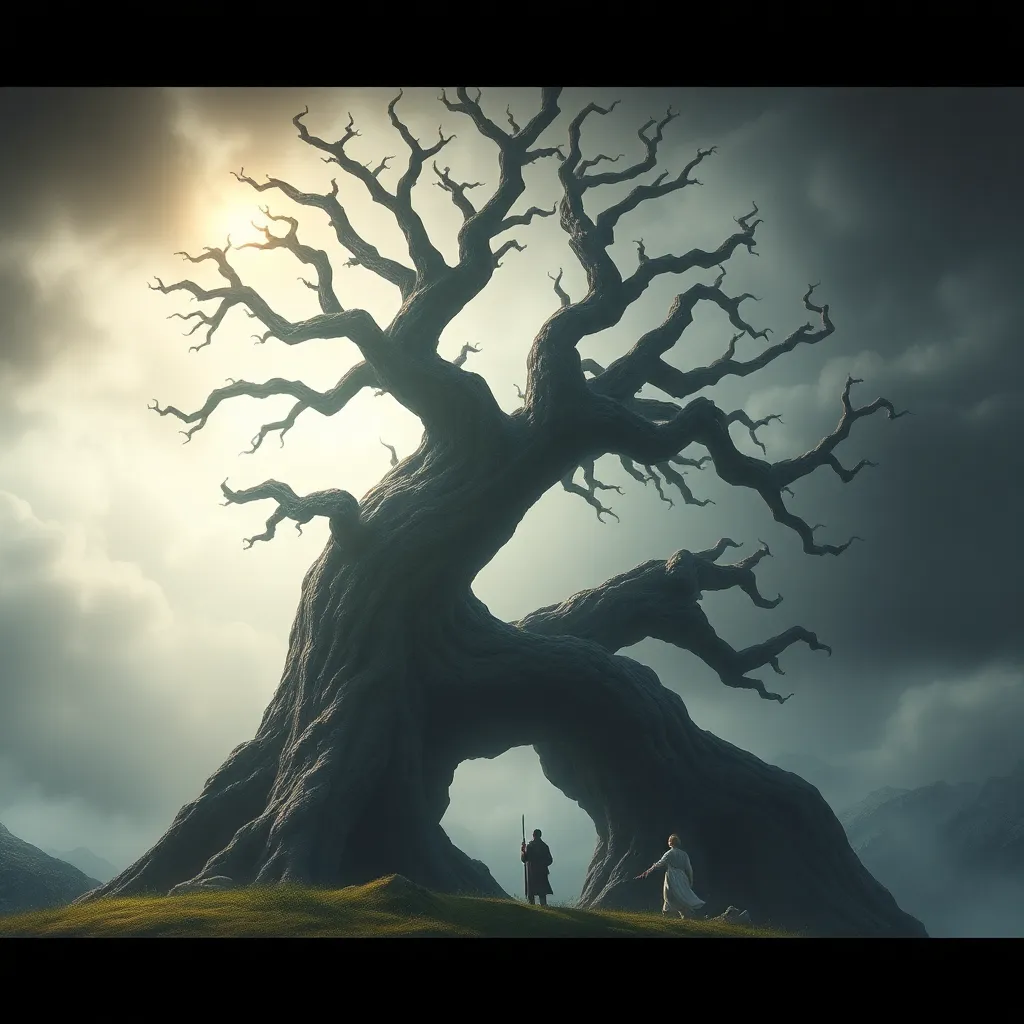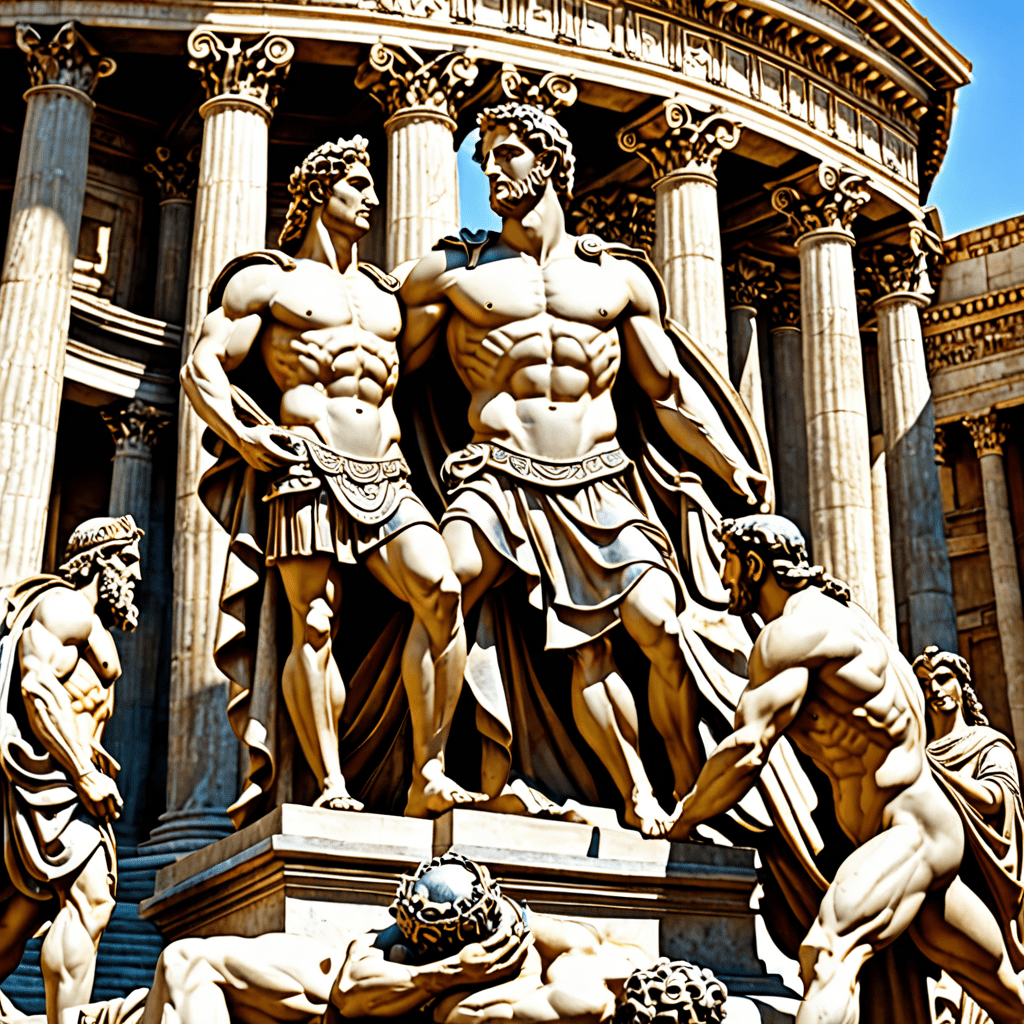1. Introduction to Polynesian Mythology
Embark on a captivating journey into the realm of Polynesian mythology, a treasure trove of narratives that have shaped the beliefs, values, and cultural identity of the Polynesian people for centuries. This vibrant tapestry of creation stories, heroic legends, and divine encounters weaves together a rich and intricate understanding of the origins of the universe, the formation of the islands, and the emergence of humankind.
2. The Origins of the Universe
In the Polynesian worldview, the cosmos emerged from a primordial state of darkness and chaos known as "Po." From this void, the creator god, Tangaroa, arose, wielding immense power and wisdom. Through his divine breath, he brought forth the celestial bodies, the elements, and the boundless expanse of the Pacific Ocean.
3. The Creation of the Gods
After the formation of the universe, Tangaroa gave birth to a pantheon of lesser gods, each embodying specific aspects of nature and human existence. Among them were Rongo, the god of agriculture and fertility; Tane, the god of forests and men; and Hina, the goddess of the moon and childbirth. These deities played vital roles in shaping the world and its inhabitants.
4. The Formation of the Islands
Polynesian creation stories often describe how the islands were formed through the actions of the gods. In some accounts, Maui, a demigod, fished up the islands from the ocean depths with his magical hook. In other versions, the islands were created by the gods as a resting place for their ancestors or as a sanctuary for their people.
5. The First Humans
According to Polynesian mythology, the first humans were created by the gods from earth, clay, or other natural materials. These early beings were often flawed and imperfect, but they were also endowed with the gift of creativity and the potential for greatness. Over time, they evolved into the diverse and thriving populations that inhabit the Polynesian islands today.
6. The Hero Twins: Maui and Rata
Polynesian mythology abounds with tales of heroic figures who embody the virtues of courage, strength, and perseverance. Among the most renowned are the hero twins, Maui and Rata. Maui, the trickster demigod, is celebrated for his cunning and his exploits, which include fishing up the islands and stealing fire for humanity. Rata, the intrepid voyager, is known for his quest to avenge his father's death and his perilous journey to the underworld. These heroes represent the indomitable spirit and resilience of the Polynesian people.
7. Variations in Creation Stories Across Polynesian Cultures
While the core elements of the Polynesian creation story remain consistent across the region, there are subtle variations from one culture to another. These differences reflect the unique experiences and perspectives of each Polynesian society. For instance, in Hawaiian mythology, the creation goddess is known as Papahānaumoku, while in Māori mythology, she is called Papatūānuku. These variations add depth and richness to the Polynesian creation myth, showcasing its adaptability and enduring relevance to diverse cultures.
8. The Significance of Creation Stories in Polynesian Society
Polynesian creation stories are not mere tales of the past; they hold profound significance in Polynesian society. They provide a framework for understanding the origins of the world, the nature of the gods, and the place of humans within the universe. These stories shape cultural values, guide moral behavior, and inspire artistic expression. They are passed down through generations, connecting the present to the past and ensuring the continuity of Polynesian traditions.
9. Creation Stories in Modern Polynesian Art and Literature
Polynesian creation stories continue to inspire contemporary Polynesian artists and writers. In modern art, traditional motifs and symbols from these stories are often incorporated into paintings, sculptures, and crafts. In literature, Polynesian creation myths have been reimagined and adapted to explore themes of identity, belonging, and the enduring legacy of Polynesian culture. These artistic expressions not only preserve the rich heritage of Polynesian mythology but also ensure its relevance in the modern world.
10. Conclusion: The Enduring Power of Polynesian Creation Myths
Polynesian creation myths are a testament to the creativity and imagination of the Polynesian people. They provide a compelling narrative of the origins of the universe, the formation of the islands, and the emergence of humankind. These stories have shaped the beliefs, values, and cultural identity of Polynesian societies for centuries. Through art, literature, and oral tradition, these myths continue to resonate with Polynesians today, inspiring them and connecting them to their ancestors. The enduring power of Polynesian creation myths lies in their ability to capture the essence of humanity, the beauty of nature, and the profound interconnectedness of all things.
FAQs:
-
Who is the creator god in Polynesian mythology?
- Tangaroa
-
How were the islands formed according to some Polynesian myths?
- By Maui fishing them up from the ocean depths
-
Who are the hero twins in Polynesian mythology?
- Maui and Rata
-
Why are creation stories significant in Polynesian society?
- They provide a framework for understanding the origins of the world, the nature of the gods, and the place of humans within the universe.
-
How are creation stories reflected in modern Polynesian art and literature?
- Traditional motifs and symbols from creation myths are incorporated into art, while the myths are reimagined and adapted in literature to explore themes of identity and belonging.




